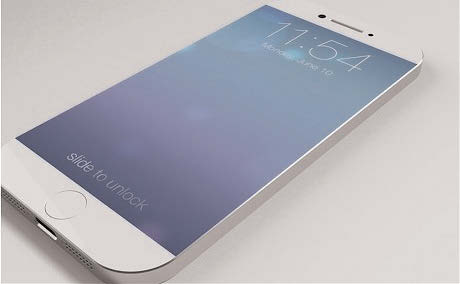
The US Department of Justice (DOJ) scraped its request for Apple Inc.’s assistance to hack into the phone of a terrorist killer.
The federal government department, on behalf of the Federal Bureau of Investigation (FBI), made the move on Monday at a US court in Central California, Xinhua reported.
The two-page court filing said that the FBI had accessed data stored in the iPhone 5c.
A week ago, a day before the DOJ and the Silicon Valley technology company were scheduled to appear at a hearing at the court, the government said it was trying a new way to unlock the phone used by Syed Farook.
Farook, together with his wife Tashfeen Malik, shot dead 14 people on December 2, 2015 in San Bernardino, California, before being killed by police.
The smartphone has a feature that erases data after 10 unsuccessful unlocking attempts.
Successfully bypassing Apple in its efforts to look into the phone for information probably helpful in the terror attack investigation, the DOJ did not make public on Monday any details about who did help and how did it make through.
Apple had been resisting the order by Judge Pym since February 16, when she ordered the manufacturer to provide the FBI with specialised software to disable the security feature.
In an earlier TV interview, citing privacy protection for customers as a reason, Apple Chief Executive Officer Tim Cook suggested that he would fight the case all the way up the US Supreme Court.
The argument was heated, as the government side fought on the ground that it was a work phone owned by the San Bernardino county, and the software would be in the possession of Apple rather than in the hands of FBI agents.
Both sides seemed to have failed to win full public support.
However, the DOJ’s decision not to go after Apple’s assistance effectively put the dispute to an end, at least for now.
And it is now Apple’s turn to figure out, and for iPhone users to wonder, how secure is the phone and data on the device.





Be the first to comment